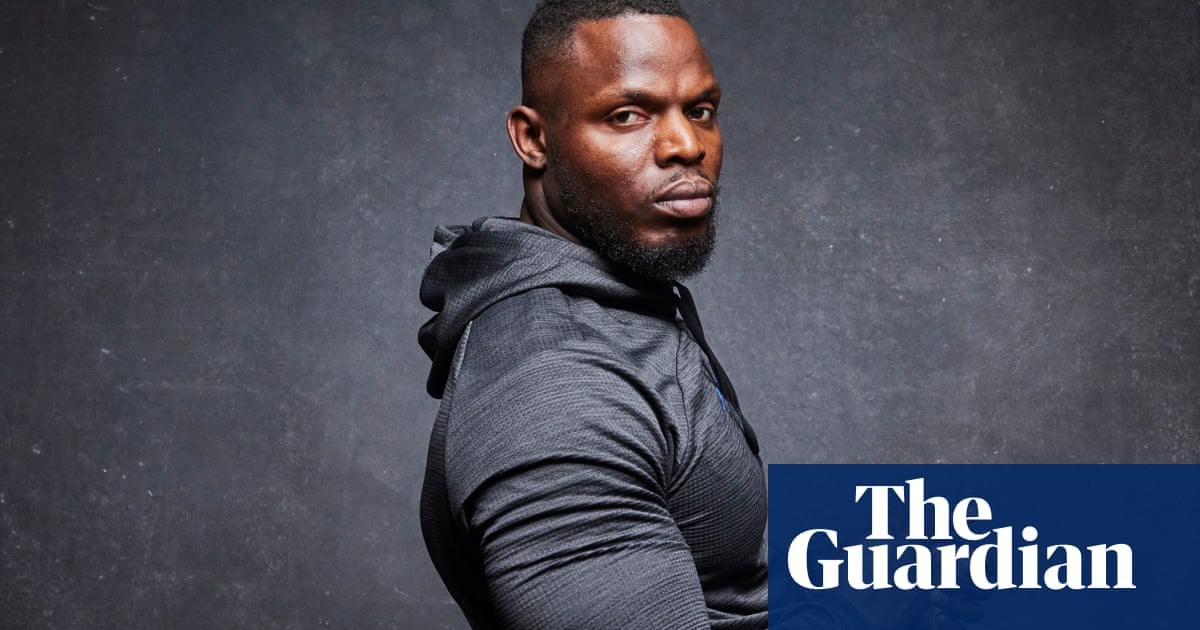From low-level drug dealer to human trafficker: are modern slavery laws catching the wrong people?

🌈 Abstract
The article tells the story of Glodi Wabelua, a man who was convicted of drug dealing and human trafficking in the UK. It explores the complex issues surrounding county lines drug operations, the application of modern slavery laws, and the challenges faced by young people from disadvantaged backgrounds who become involved in criminal activities.
🙋 Q&A
[01] Wabelua's Early Life and Involvement in Drug Dealing
1. What were the key events and challenges in Wabelua's early life that led him to become involved in drug dealing?
- Wabelua's family immigrated from the Democratic Republic of Congo to the UK when he was 5 years old, and they struggled financially.
- He faced bullying and difficulties adjusting to school, and started getting into fights.
- At age 13, he began smoking weed and eventually started selling drugs for older dealers in his area.
- At 14, he was kicked out of his home by his parents, leading to a period of homelessness.
- A friend introduced him to a drug dealer who recruited him to work in Hastings, where he started dealing heroin and crack cocaine.
2. How did Wabelua's time in prison impact his life trajectory?
- At 16, Wabelua was charged with possession of heroin and crack with intent to supply, and was sentenced to 3 years in the Cookham Wood young offender institution.
- He felt unprepared for prison, which he describes as a "high-pressure environment" that "taught me how to be a criminal" rather than rehabilitating him.
- After his release at 18, Wabelua struggled to reintegrate, facing challenges finding work and feeling anxious in classroom settings.
- This led him to return to drug dealing, working as a phone operator for a London-based drug operation in Portsmouth.
[02] Wabelua's Conviction for Human Trafficking
1. How did the changes in UK law around modern slavery and county lines drug operations impact Wabelua's case?
- In the early 2010s, there was growing international pressure and legislation to tackle modern slavery, including the UK's Modern Slavery Act in 2015.
- Concurrently, the rise of county lines drug operations, involving the exploitation of young people to transport drugs, led some police forces to start prosecuting drug dealers as human traffickers.
- Wabelua was charged with human trafficking in 2016, even though the teenagers involved claimed they had not been coerced. The prosecution argued they were still victims who needed protection.
- The legal distinction between victims and perpetrators in such cases has proven challenging, with some young people being treated as both trafficked and criminally liable.
2. What were the key details and outcomes of Wabelua's human trafficking trial?
- In 2019, Wabelua was convicted of human trafficking for his role in organizing a 16-year-old to transport drugs from London to Portsmouth.
- His two co-defendants pleaded guilty to multiple trafficking charges, but Wabelua maintained his innocence, arguing he did not see himself as a "slave master."
- The jury found Wabelua guilty, and he received an additional 3.5 years in prison on top of his previous drug dealing sentence.
- Wabelua and his co-defendants were also issued slavery and trafficking prevention orders, placing severe restrictions on their lives after release.
[03] Wabelua's Life After Prison
1. How has Wabelua tried to turn his life around since being released from prison?
- After being released in 2022 at age 28, Wabelua was determined to build a new life and abide by the rules of his probation.
- He has found stable employment as a delivery driver and is working to qualify for his HGV license.
- Wabelua has also started his own personal training business, "Glo Fitness UK," which he credits with helping him through difficult times.
- He has developed a plan to create a youth mentoring program, drawing on his own experiences to help at-risk teenagers avoid the criminal justice system.
- Wabelua has been approved to provide trial lessons and talks at a pupil referral unit, receiving positive feedback from the organizers.
2. What challenges has Wabelua faced in trying to reintegrate into society after his convictions?
- The anti-trafficking restrictions placed on Wabelua after his release have been very limiting, requiring official approval for many aspects of his life, such as renting a flat, getting a job, or even starting a romantic relationship.
- He initially struggled to find work, facing rejection after rejection before securing his current delivery driver role.
- Wabelua has had to work hard to overcome the stigma and preconceptions associated with his criminal record, particularly as a young Black man from a disadvantaged background.